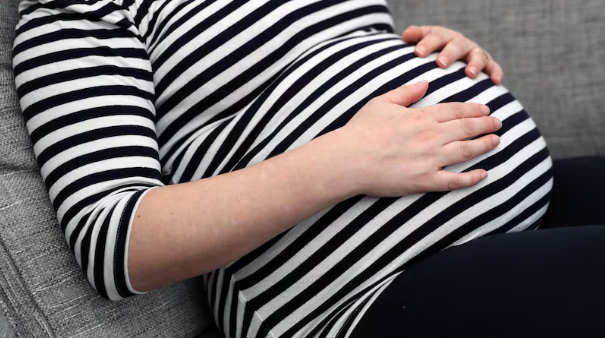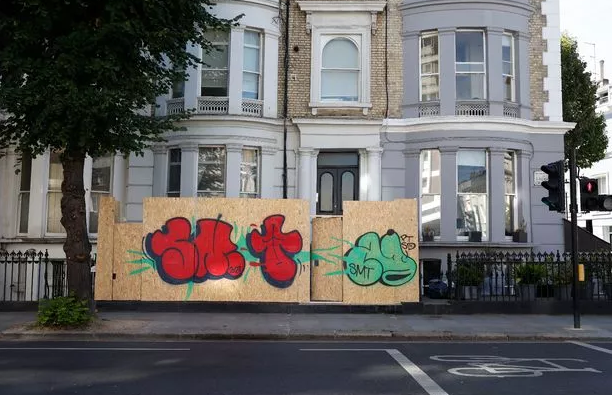
Bishop of Newcastle Challenges the Appropriateness of Archbishop Cottrell’s Role in the Church of England
The Church of England is currently grappling with a leadership crisis, as Bishop Helen-Ann Hartley of Newcastle has vocally criticised the Archbishop of York, Stephen Cottrell, calling him “the wrong person” to be leading the institution at such a crucial time. This comes as Cottrell prepares to speak at the Church’s General Synod in London on Monday, filling in for Justin Welby, who resigned following failures in safeguarding procedures.
Bishop Hartley has long expressed her concerns about Cottrell’s leadership and has previously called for his resignation. She believes that it is inappropriate for him to remain in the role, especially as the Church is in need of significant change. Cottrell, who assumed many of Welby’s responsibilities after the latter’s resignation, has faced increasing pressure but has remained firm, saying he will continue to work towards ensuring independent scrutiny of safeguarding practices within the Church.
Controversy surrounds Cottrell’s leadership further due to the resignation of John Perumbalath, the Bishop of Liverpool, who stepped down amid allegations of sexual assault and harassment, which he denies. Cottrell has denied any wrongdoing in relation to Perumbalath’s appointment, but critics, including Hartley, continue to express their discontent with his actions.
Hartley’s criticism extends to Cottrell’s remarks about a priest, which she described as “abhorrent.” She firmly believes that a leader must set an example and be held accountable for the actions of those under their guidance. She continues to feel isolated in her calls for change within the Church, with some colleagues even labelling her as the “bishop of negativity.”
As Synod sessions open, the Church faces a critical moment, with debate on safeguarding issues intensifying. Ian Paul, a reverend and long-time Synod member, referred to this week’s meeting as “hugely significant” and noted that the Church is experiencing an unprecedented crisis. Advocates for abuse survivors, such as Andrew Graystone, have called for “radical humility” from Church leaders, insisting that empty apologies will no longer suffice. They demand immediate action to address the deep-rooted problems of abuse and inadequate leadership.
The debate will also address the Makin Review, a report detailing the failings in the handling of sexual abuse cases, including the case of Christian camp leader John Smyth. This report led to Welby’s resignation and further scrutiny of the Church’s response to abuse allegations.
The Synod will also consider proposals for overhauling safeguarding practices, including creating an independent organisation to oversee safeguarding officers across the Church. These discussions come at a time when the Church’s leadership is under immense scrutiny, with many calling for urgent reform and more effective protection for vulnerable individuals within the Church.










